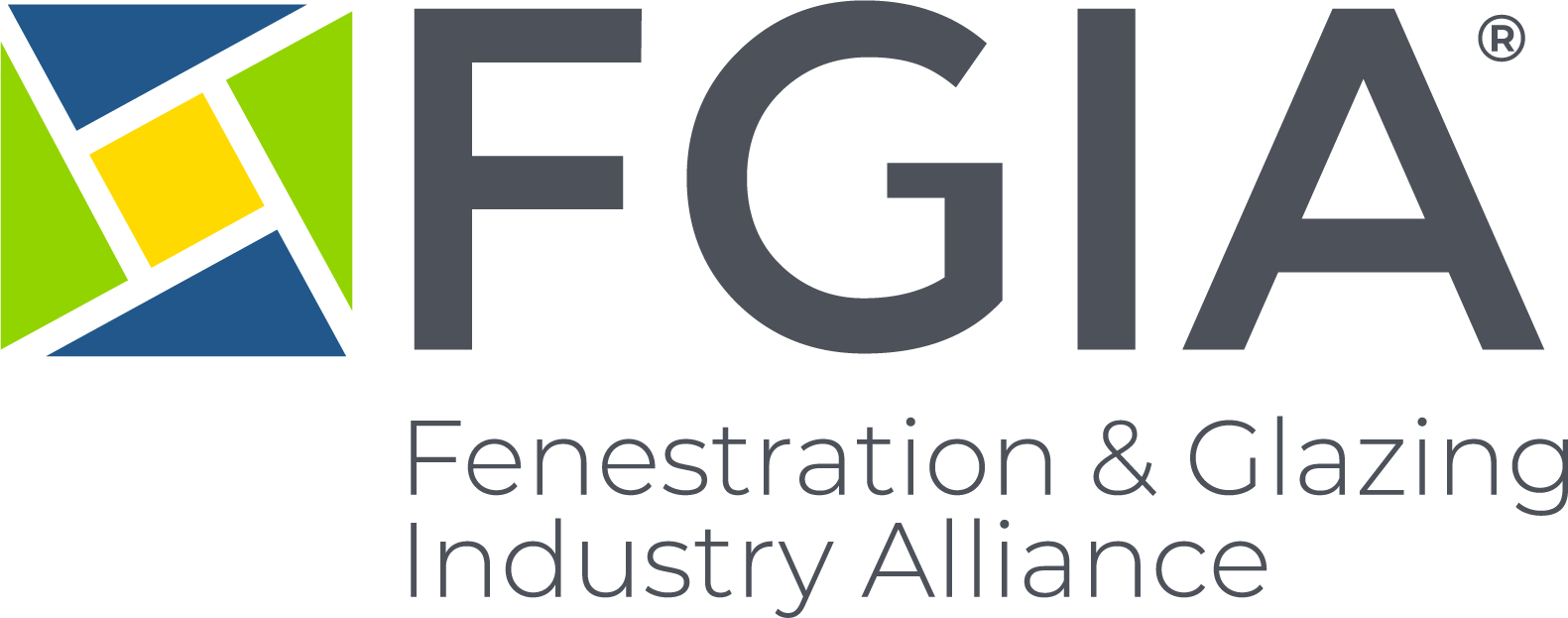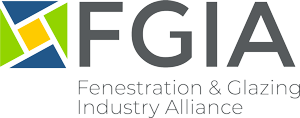- Certification Programs
- Insulating Glass (IG) Certification
- The Insulating Glass (IG) Certification Process
The Insulating Glass (IG) Certification Process

Manufacturers of IG units must first sign a License Agreement to participate in the ALI IG Certification Program. Any products that comply with the program's designated standards may be submitted for testing and certification. Triple and double-glazed assemblies can be evaluated, along with those produced with low-emissivity glass and internal dividers. Gas fill can also be evaluated for compliance with NFRC 706 requirements.
Click here to view a diagram that illustrates the ALI IG Certification Process.
1 – Test sample submission
After a manufacturer signs a License Agreement with ALI, an ALI inspector witnesses the assembly of 12 test samples of each of the IG units selected by the Licensee for initial conformance testing and performs other required inspections. Each test specimen is permanently identified by the inspector, who also records the insulating glass unit’s components used along with a description of the manufacturer’s fabrication process and seals each unit with a tamperproof ALI seal. Within 30 days of fabrication of the test samples, the manufacturer selects an ALI-approved independent testing laboratory and forwards the sealed samples and supporting data to that laboratory. Testing costs are the responsibility of the licensee.
2 - Qualification tests and Test Report
Qualification tests and performance criteria for IG Certification are set forth in:
- ASTM E2188, Standard Test Method for Insulating Glass Unit Performance
- ASTM E2189, Standard Test Method for Testing Resistance to Fogging in Insulating Glass Units
- ASTM E2190, Standard Specification for Insulating Glass Unit Performance and Evaluation
- ASTM E2649, Standard Test Method for Determining Argon Concentration in Sealed Insulating Glass Units Using Spark Emission Spectroscopy
- ASTM E576, Standard Test Method for Frost/Dew Point of Sealed Insulating Glass Units in the Vertical Position
- NFRC 706, Requirements for Participating Insulating Glass Certification Programs
Each different assembly must be tested initially for certification and then once every other year to maintain certification.
The laboratory prepares a test report which details the test results and includes descriptive information of the assembly components. The test report and submitted data are reviewed by ALI to validate test methodology and confirm product compliance.
3 – ALI authorizes certification
If validated test findings indicate compliance with the requisite specifications and program requirements, ALI issues a Notice of Certification Authorization (NCA). Upon receipt of the NCA, the Licensee may begin applying the ALI IG Certification Mark to each unit of that product family.
Then, ALI authorizes the listing of approved products in the IG Certified Products Directory. Test reports are considered valid for 24 months from the date that the NCA is issued and then must be retested and validated in the same manner as for initial certification.
4 – Plant surveillance inspection and annual retest
Without prior notice, an ALI inspector visits the licensee’s manufacturing plant(s) at least twice annually to determine Certification Program compliance. These inspections verify the continued use of materials and methods used to produce the originally approved samples. In addition, the inspector verifies the ongoing effectiveness of the manufacturer’s QMS (including quality control records), the implementation of corrective actions, responses to program changes and the handling of complaints.
For further details on program requirements and procedures, including the handling of any design or component changes made during recertification testing intervals, contact ALI to request a copy of the ALI IG Certification Program Procedural Guide.

